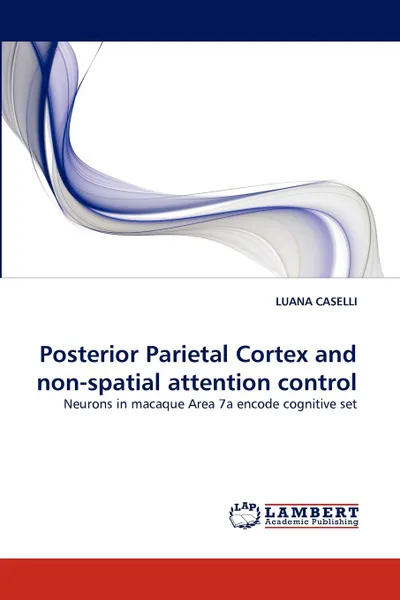Posterior Parietal Cortex and non-spatial attention control 12+
📘 Goals dominate primate behavior. Almost all intended behaviors depend on the acquisition of "cognitive sets" endowing us with expectations about classes of stimuli and responses (S-R sets) appropriate to achieve a particular goal in a given context. Selective attention allows to switch between competing cognitive sets by focusing onto the currently relevant S-R sets while disengaging from other interfering S-R sets. The question whether non- human primates provide an appropriate model for human task-switching has not been completely answered. Posterior Parietal Cortex (PPC) has long been known to be fundamental to spatial attention. The aim of this study was to explore the role of PPC in non- spatial forms of attention, with particular interest in the representation of cognitive sets. To tackle this issue, the activity of single neurons was recorded from area 7a of one monkey tested with a task-switching paradigm. The obtained results support the idea that PPC is undoubtedly involved in cognitive domains well beyond spatial processing, contributing to the encoding of cognitive sets essential to primate goal-directed behaviors.
Мнения
